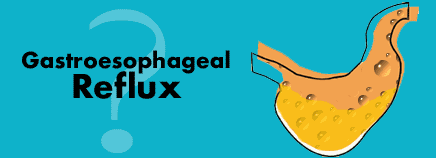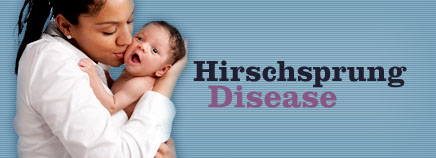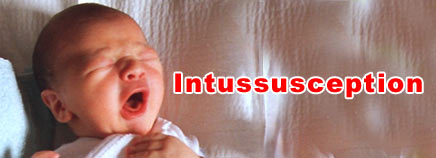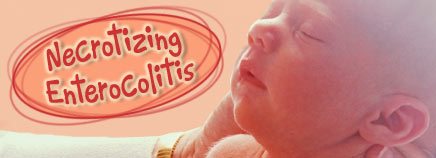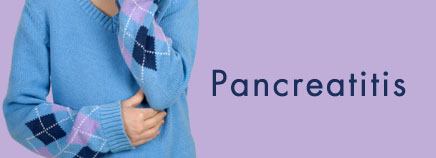At one time or another, many adults have had heartburn (an uncomfortable feeling in the chest) after eating a big meal or spicy foods. When these symptoms happen often or aren’t tied to certain ingredients, they might be due to gastroesophageal reflux (GER), also called reflux. But GER isn’t just a …
Hirschsprung Disease
Changing poopy diapers is one of those unpleasant tasks of parenting that most people are able to joke about. But when your baby is unable to poop, this topic is no laughing matter. Babies who have trouble emptying their bowels sometimes have a problem called Hirschsprung disease. Treatment for this …
Inflammatory Bowel Disease
The digestive system (including the stomach, large and small intestines, and rectum) converts food into nutrients and absorbs them into the bloodstream to fuel our bodies. We seldom notice its workings unless something goes wrong, as in the case of inflammatory bowel disease (IBD). Up to 1 million Americans are …
Intestinal Malrotation
About Intestinal Malrotation An intestinal obstruction is a blockage of the digestive tract that prevents the proper passage of food. Some intestinal obstructions are present at birth, while others are caused by such problems as hernias, abnormal scar tissue growth after an abdominal operation, and inflammatory bowel disease (IBD). Malrotation is …
Intussusception
About Intussusception Intussusception (in-tuh-suh-SEP-shun) is the most common abdominal emergency affecting children under 2 years old. It happens when one portion of the bowel slides into the next, much like the pieces of a telescope. When this “telescoping” happens, the flow of fluids and food through the bowel can become …
Lactose Intolerance
About Lactose Intolerance For many kids, an ice cream sundae or a cool glass of milk at lunch means an afternoon of cramps, gas, and diarrhea. Kids who have this kind of discomfort after consuming dairy products might have lactose intolerance, which is caused by problems digesting lactose, the main sugar …
Necrotizing Enterocolitis
About Necrotizing Enterocolitis When babies are born prematurely, many of their organs are not fully developed. This puts them at risk for a number of diseases within the first weeks of life. One of these diseases is necrotizing enterocolitis (nek-roh-TIE-zing en-ter-oh-coh-LIE-tis), the most common and serious intestinal disease among preemies. …
Pancreatitis
It’s a familiar scene: Your child wakes up in the middle of the night feeling feverish, nauseated, and complaining of a stomach ache. Then come the tears, the vomiting, and the inability to keep fluids down. Usually, these symptoms add up to nothing more than a 24-hour stomach bug. But …
Peptic Ulcers
Many people think that spicy foods cause peptic ulcers, but the truth is that bacteria called Helicobacter pylori (or H. pylori) are the main culprit. And while many believe that adults in high-stress jobs are the only ones affected, people of any age — even kids — can develop ulcers. …
Pyloric Stenosis
While you were anticipating your new baby, you probably mentally prepared yourself for the messier aspects of child rearing: poopy diapers, food stains, and of course, spit up. But what’s normal and what’s not when it comes to spitting up or vomiting in infants? About Pyloric Stenosis Pyloric stenosis, a …

